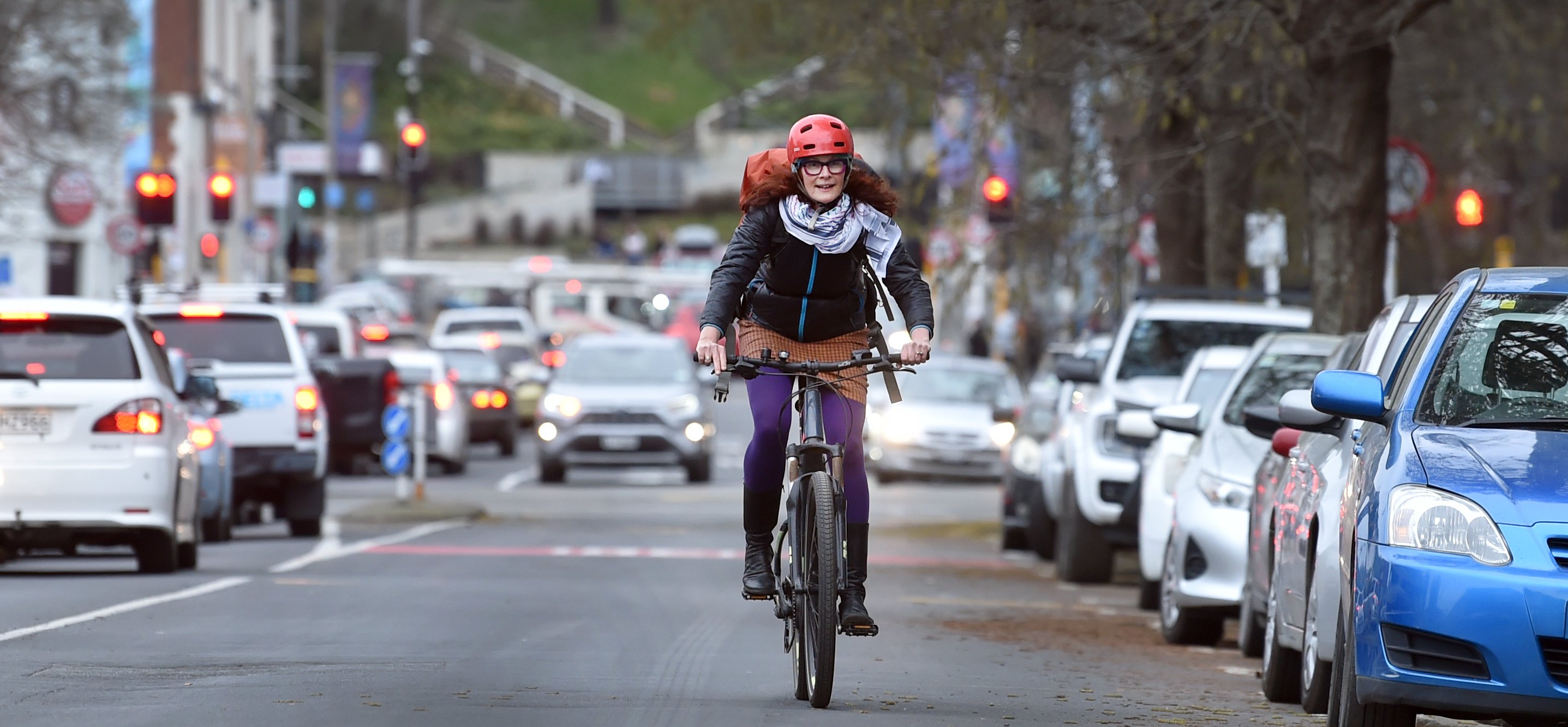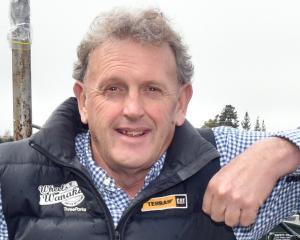
Dunedin Mayor Jules Radich’s casting vote was needed at Tuesday’s council meeting to break a 7-7 deadlock and reject parking changes for the Albany St project, which included installing a cycleway and the removal of dozens of carparks near the University of Otago.
University of Otago acting chief operating officer Jared Hayes said the organisation was disappointed by the lack of safety investment for the student thoroughfare.
"The matter is not just about parking," Mr Hayes said.
"It’s the safety focus which seems to have been lost in the discussions."
The proposal addressed health and safety concerns the university had discussed for the past decade. It was open to working with the Dunedin City Council to find parts of the project which could still be delivered, he said.
The project aimed to provide a connection between Te Aka Ōtākou harbour path, Dunedin’s tertiary area and the CBD and was timed to align with the resealing of Albany St.
Cycling advocacy group Spokes spokeswoman Heike Cebulla-Elder said the group was disappointed by the waste of time and money halting the project caused, but hoped it would prompt more discussion of transport infrastructure.
Spokes was in favour of traffic-calming measures in Albany St, although cycleways, which had caused "discontent" and an "us and them" mentality within the community, were not necessarily the best option, she said.
"Maybe it’s a refresh button and for us as a community to say we can learn from what has happened," Ms Cebulla-Elder, who is running for a city council seat, said.
"[Businesses] didn’t feel that they were consulted enough and that’s what we need to learn from. We need that input from everybody."
Otago University Students’ Association (OUSA) president Liam White said Dunedin residents deserved better than the council’s decision.
"Our worry is that dropping Albany St could slow or water down the whole thing," Mr White said.
"Our hope is the opposite — that council uses this moment to recommit, do better engagement, and deliver on the big picture."
The most significant losses were a pedestrian-activated crossing and traffic-slowing measures.
The council should keep working with OUSA and the university to put student safety first, "not just taking away parking or adding costs without thinking about how students will cope".
Dunedin businessman Jason La Hood said the council’s decision was a "welcome relief" for retailers who could continue rebuilding from the Covid-19 pandemic and George St upgrades without the added strain of construction disruptions and the loss of carparks.
A Dunedin City Council spokesman said staff were still working through the impact of the council’s decision.
"Staff will now consider whether elements of the project can be delivered without making changes to parking in Albany St," he said.












